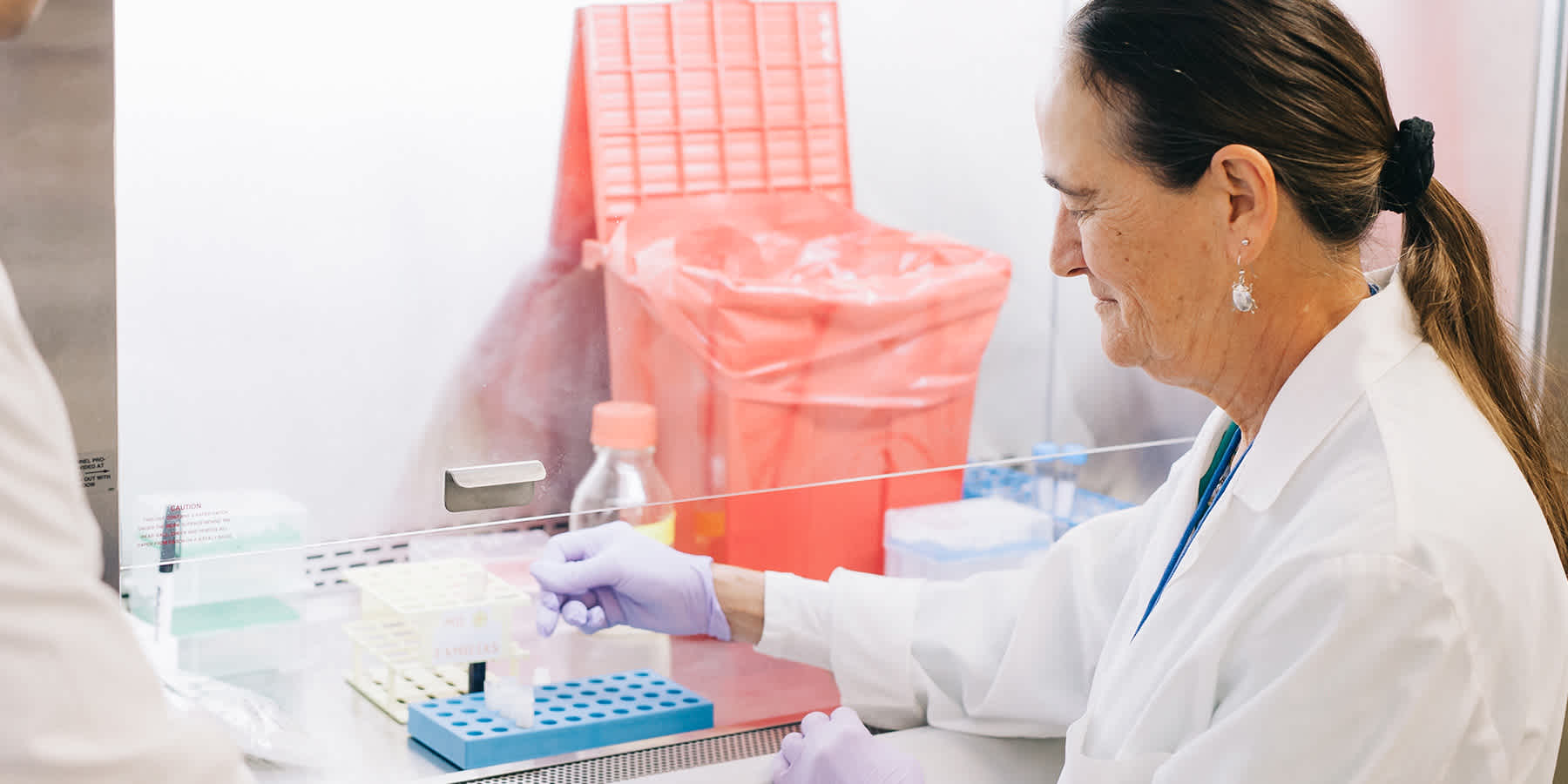
Healthcare and Research Inequities in the Hispanic and Latinx Community
Table of contents
- The Sansum Diabetes Research Institute
- What is the state of type 2 diabetes and COVID-19 among Hispanic and Latinx Americans?
- The “Wicked” Problem
- Achieving Equity through Integrated Interventions and Digital Literacy
- So, what can we do?
- Related content
National Hispanic Heritage Month is September 15 - October 15, and as a part of our efforts to highlight relevant experiences, we are exploring the healthcare and research inequities that exist among Hispanic and Latinx communities in the U.S.
Recently, we had an internal webinar hosted by The Sansum Diabetes Research Institute. In this blog, we’ll give a recap of what we learned and explore the unique challenge and opportunity we have to achieve health equity through a digital ecosystem.
The Sansum Diabetes Research Institute
The Sansum Diabetes Research Institute (SDRI) in Santa Barbara, California, is a global leader in diabetes research dedicated to improving the lives of people impacted by diabetes through research, education, and clinical care. SDRI harnesses the power of digital health to reduce the disproportionate burden of diabetes and COVID-19 affecting Hispanic and Latinx families across America. They also leverage trained community health workers to collect data, answer questions, and connect Hispanic and Latinx families impacted by type 2 diabetes to timely and appropriate resources.
What is the state of type 2 diabetes and COVID-19 among Hispanic and Latinx Americans?
Studies show that Hispanic and Latinx adults have more than a 50% chance of developing type 2 diabetes compared to the 40% chance that US adults overall have. Hispanic and Latinx people also have higher rates of kidney failure caused by diabetes as well as diabetes-related vision loss and blindness. The rate of diagnosed diabetes in Hispanic and Latinx adults is 12.5%, compared to 9.2% for Asian Americans, 7.5% for non-Hispanic whites, and 11.7% for non-Hispanic blacks.
While genetics play a role in the increased prevalence of type 2 diabetes in Hispanic and Latinx people, cultural and environmental factors like food, weight, and activity are factors that come into play as well. In the wake of COVID-19, we’ve learned that the pandemic has also disproportionately affected this community, with Hispanic and Latinx people being 2.8x more likely to become hospitalized with COVID-19 and 2.3x more likely to die from the disease.
The “Wicked” Problem
SDRI describes the prevalence of type 2 diabetes among Hispanic and Latinx people as a “wicked problem”, where purely scientific solutions to societal issues are doomed to fail. Because of the absence of equality and equity in diabetes research and care, the Hispanic and Latinx population faces a disproportionate amount of diabetes diagnoses. So how do we solve this problem? SDRI notes that it starts with understanding that it’s more important to know what kind of person has a disease versus what kind of disease a person has.
Societal determinants influence a significant portion of health outcomes, so factors like environment, food security, and health insurance are important to consider when weighing risk for diseases like type 2 diabetes. To understand the impact of five major determinants of health (genetics, biology, behavior, psychology, and society/environment), SDRI is engaging community scientists to expand Hispanic and Latinx diabetes research through programs like Mil Familias and Farming for Life. These programs aim to integrate interventions to achieve equity, focusing on everything from HbA1c testing to exercise, diet, and pollution.
Achieving Equity through Integrated Interventions and Digital Literacy
In an effort to move away from strictly pharmaceutical interventions, SDRI is promoting therapies like healthier diet, better sleep, and more exercise in Hispanic and Latinx communities, but they’re also turning to virtual care to help provide equity. They point out that digital literacies and internet connectivity are the hidden Super Social Determinants of Health.
The use of technology in the space of diabetes and other chronic diseases needs to become more accessible and affordable for all, otherwise it’s ineffective. To help combat this, SDRI is creating a “Digital Diabetes Ecosystem'' by providing monitoring devices to Hispanic and Latinx people with diabetes that measure weight, CGM (Continuous Glucose Monitoring), activity, food, blood pressure, and sleep.
So, what can we do?
To help manage, prevent, and reverse the prevalence of diabetes in Hispanic and Latinx communities, SDRI believes we do have the power to increase true health access and equity. Through recognizing existing inequities, allocating resources to those in need, engaging whole families, addressing all five of the major determinants of health, and enabling all to leverage technology to access knowledge, we can work toward reducing the disproportionate burden of diabetes and COVID-19 affecting Hispanic and Latinx families across America.
Ready to take control of your health and wellness? Learn more about our 30+ at-home lab tests that could help you gain more insight into your personal health and wellness from the comfort of your home.
Related content
5 LGBTQ+ medical professionals who advanced healthcare
Healthcare on the ballot: what you should know before voting